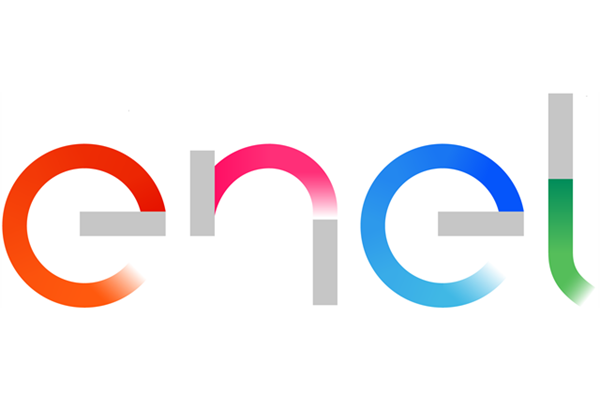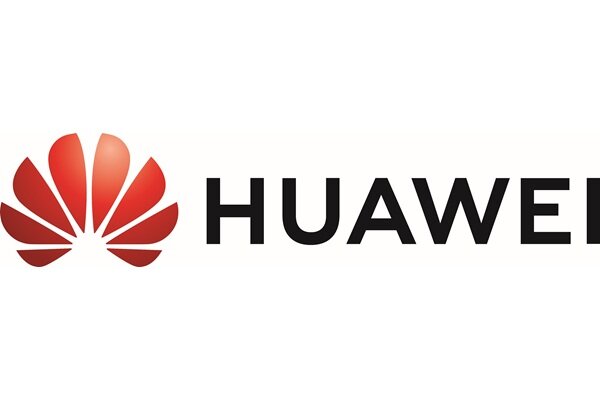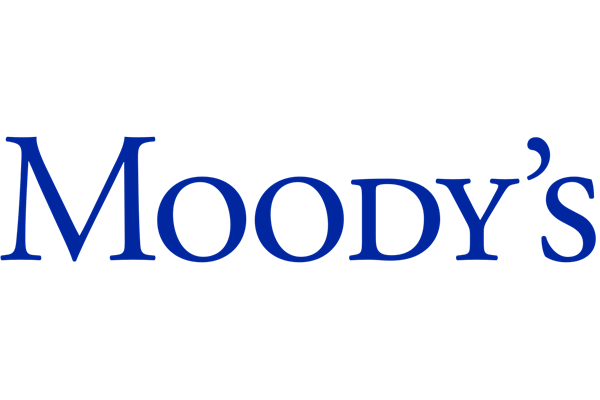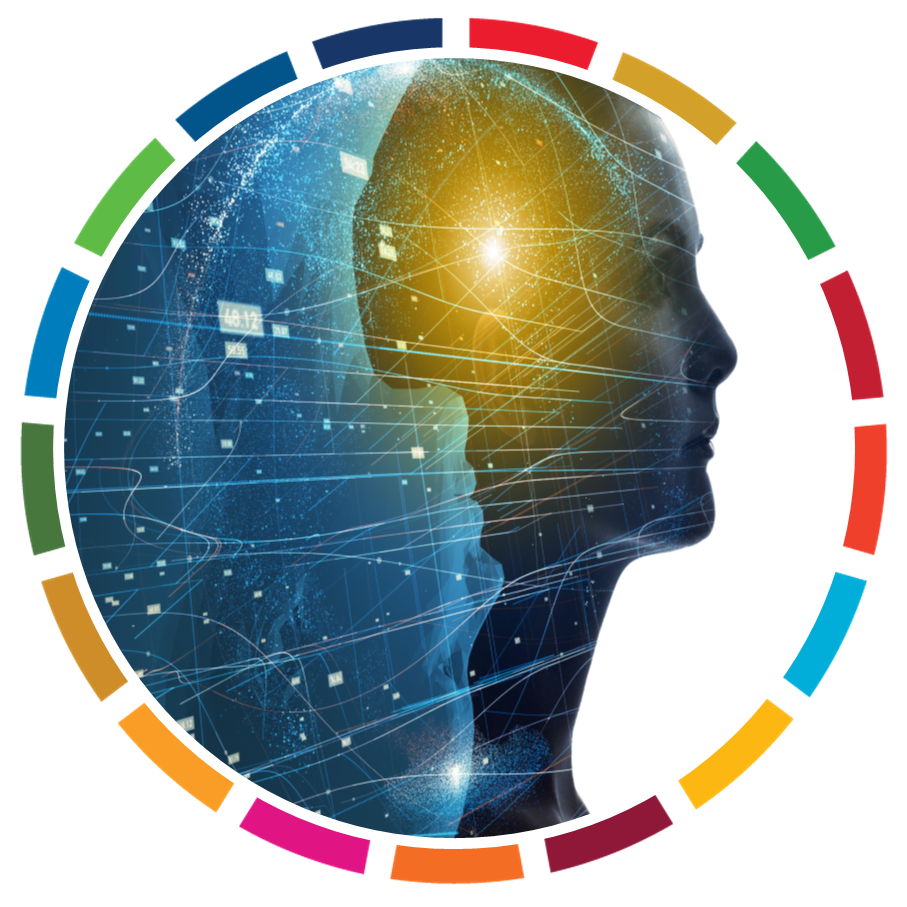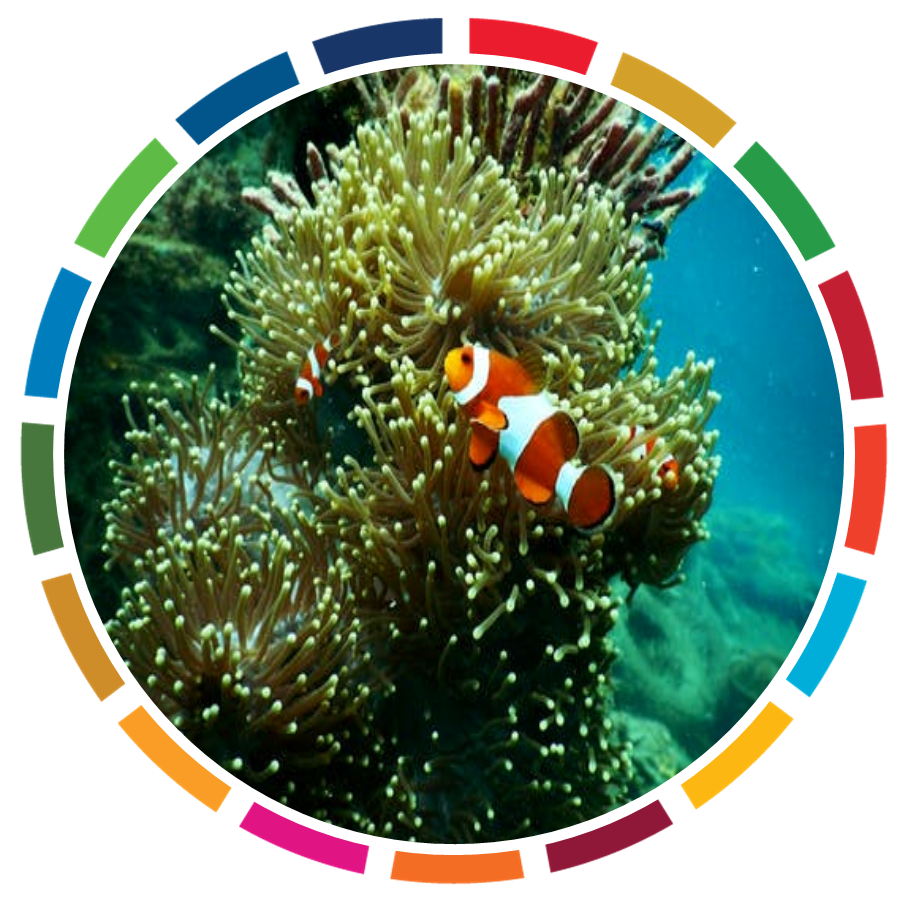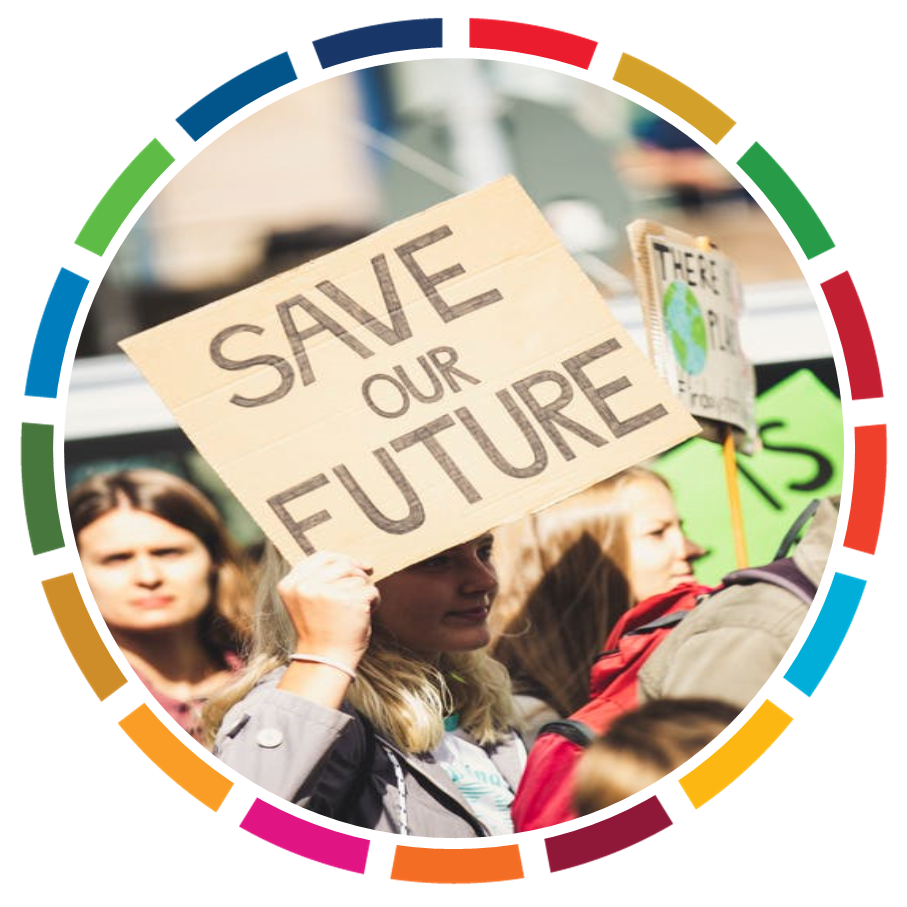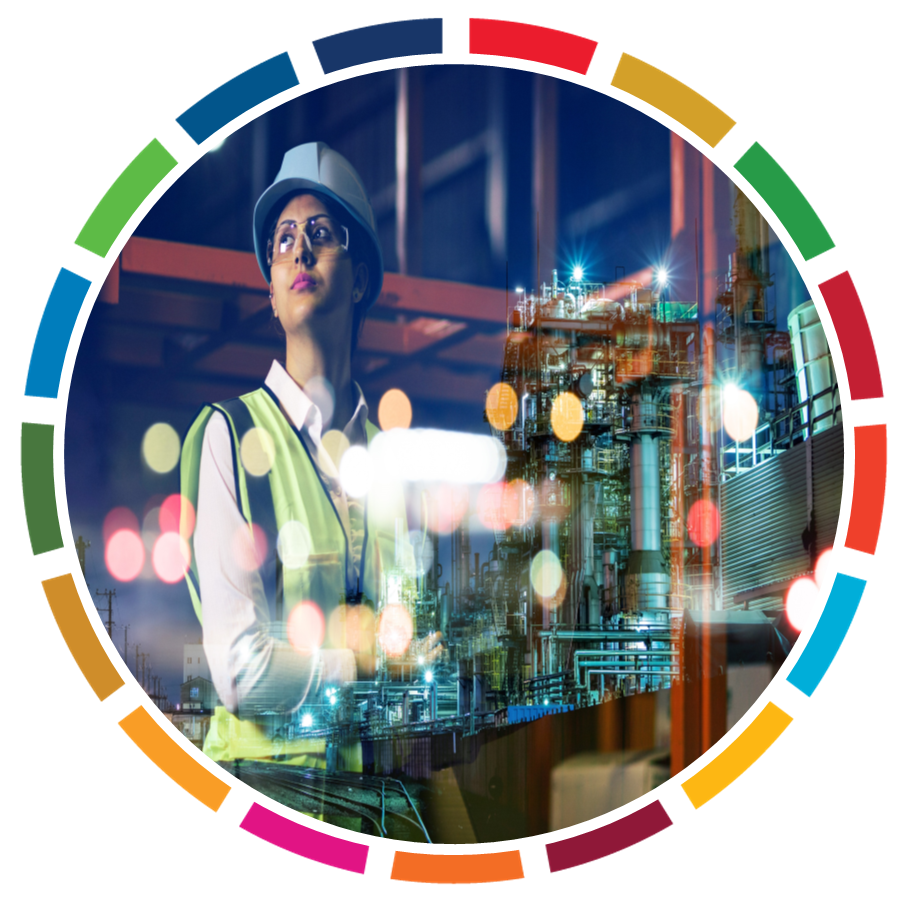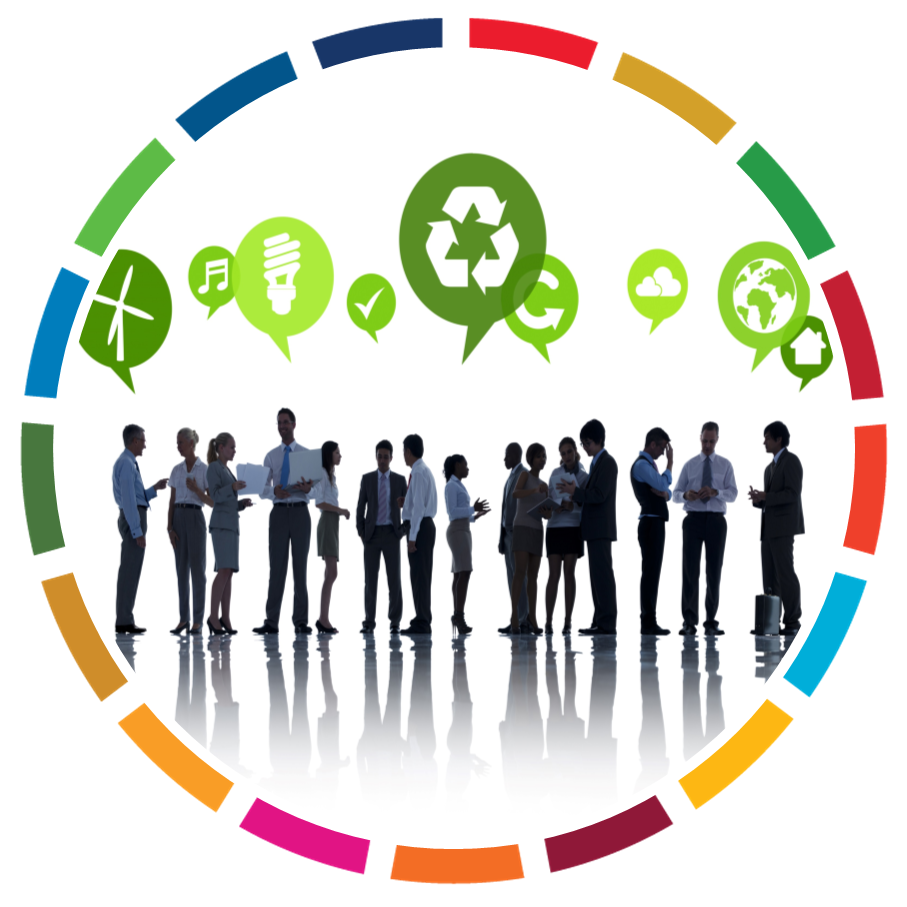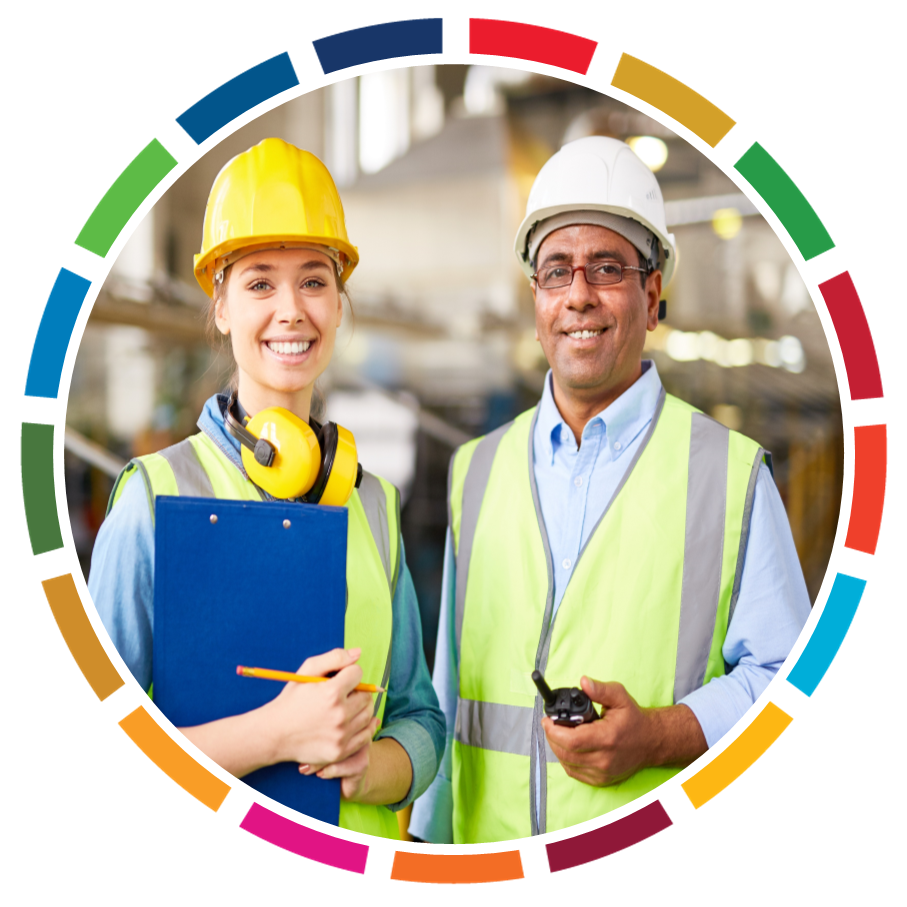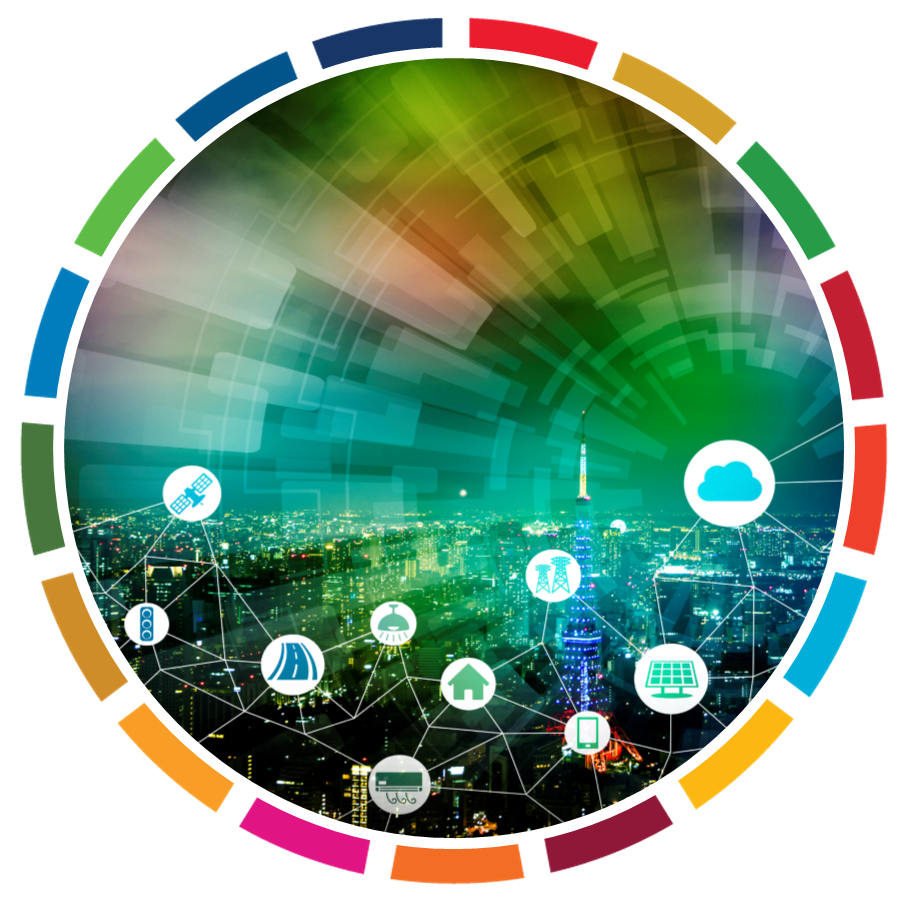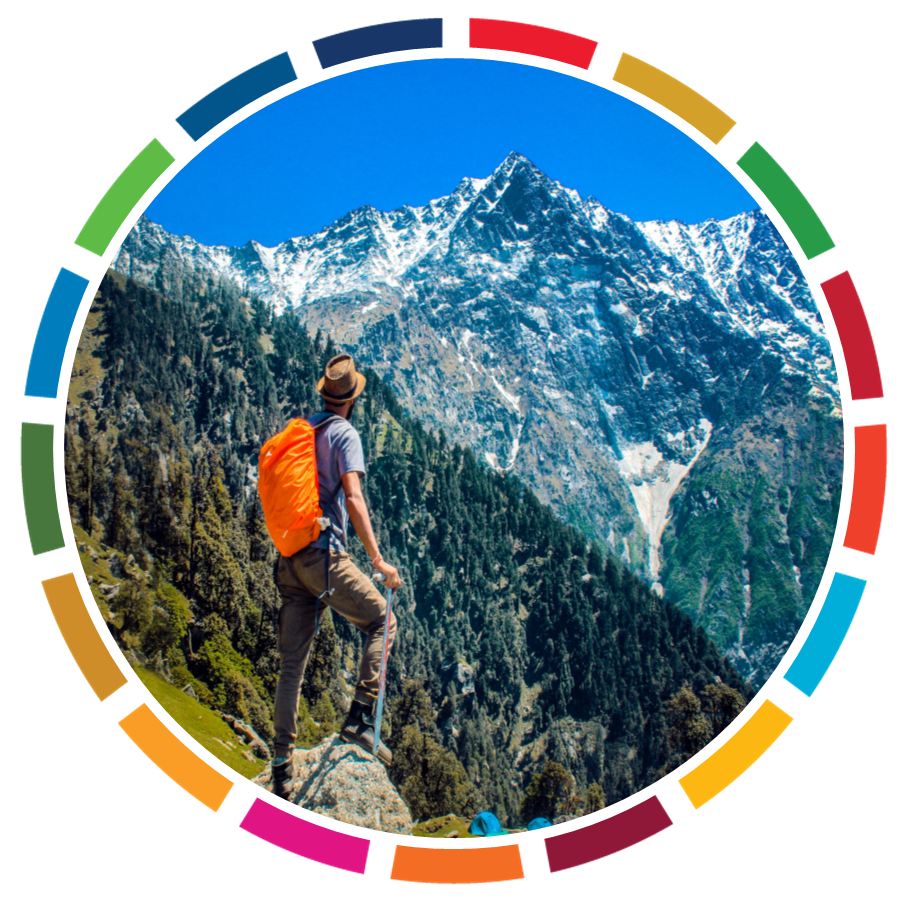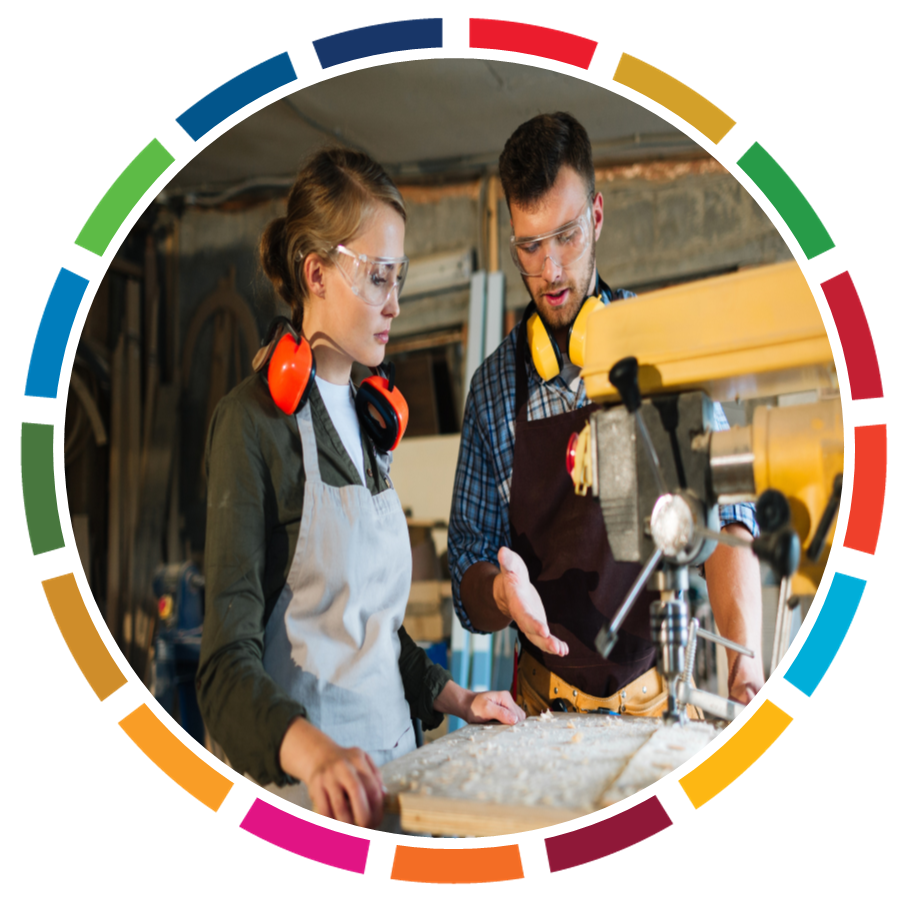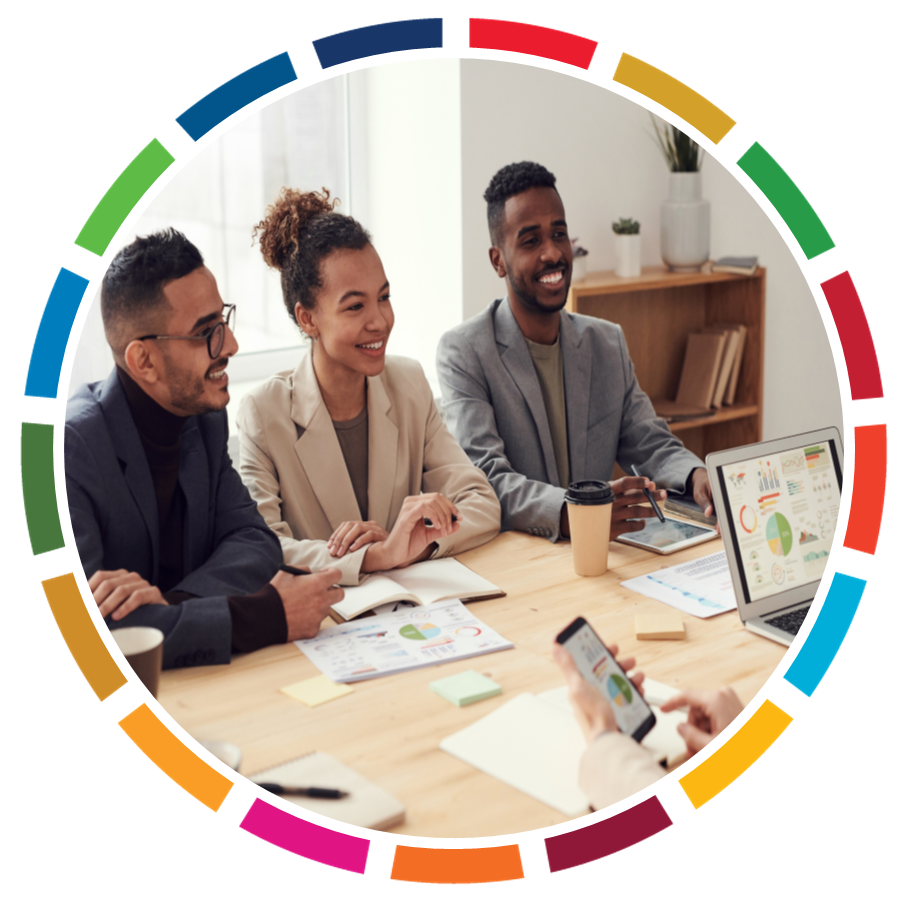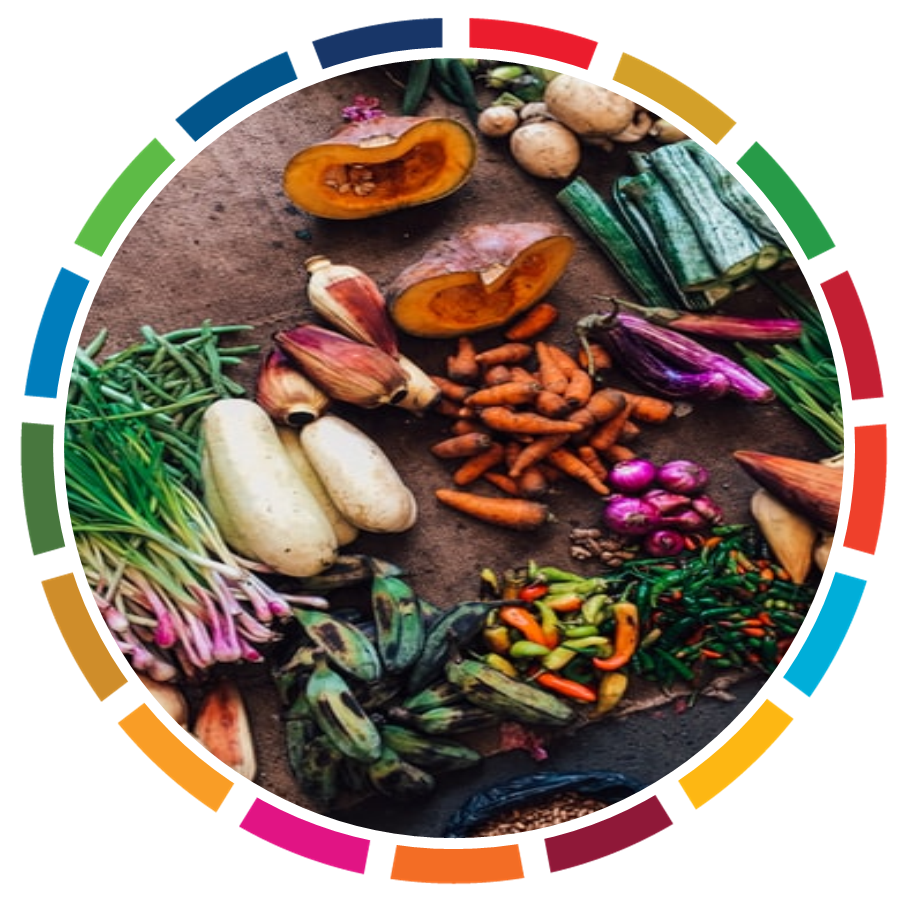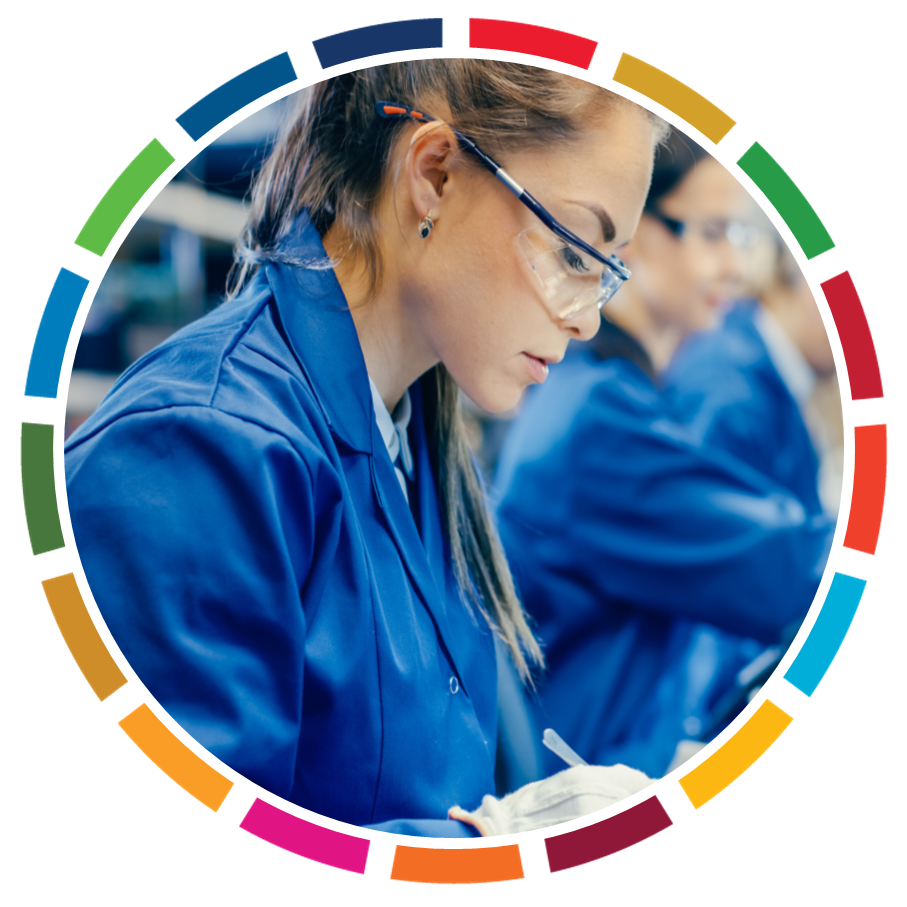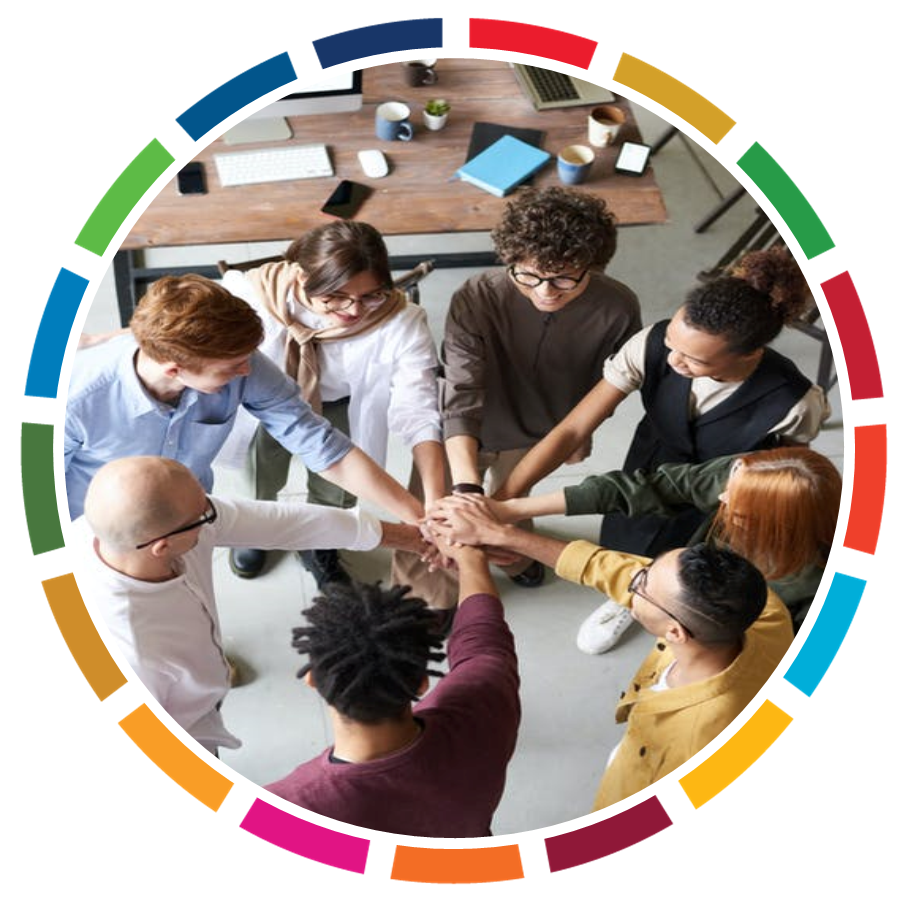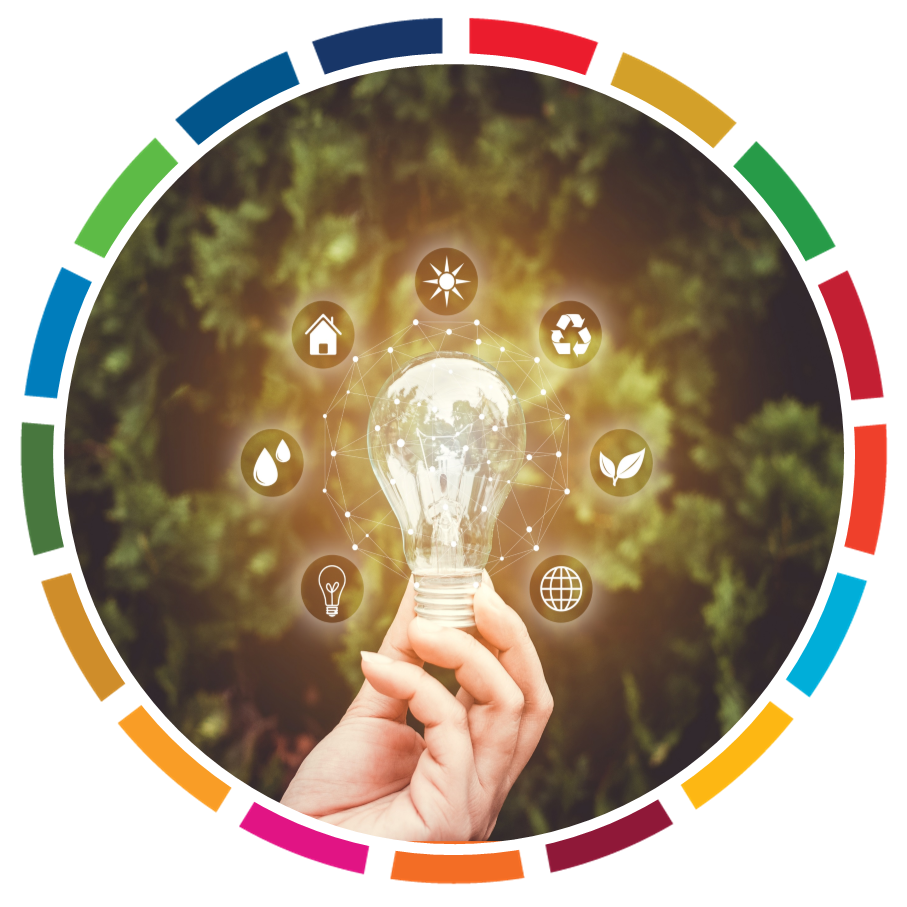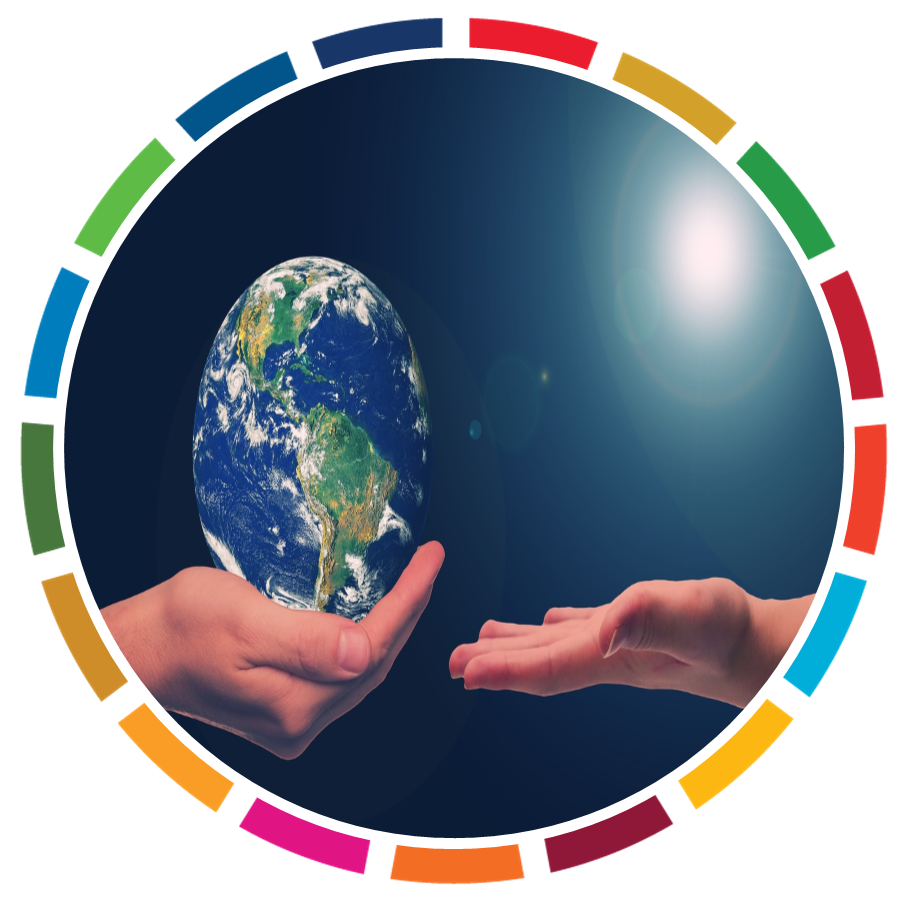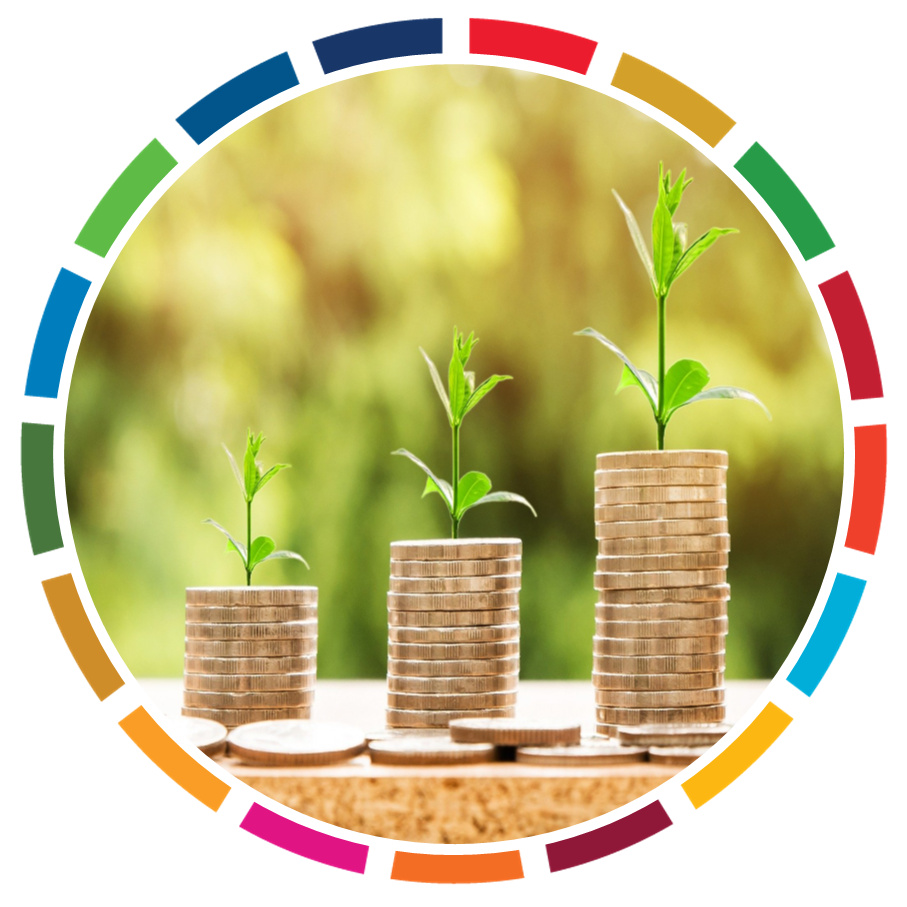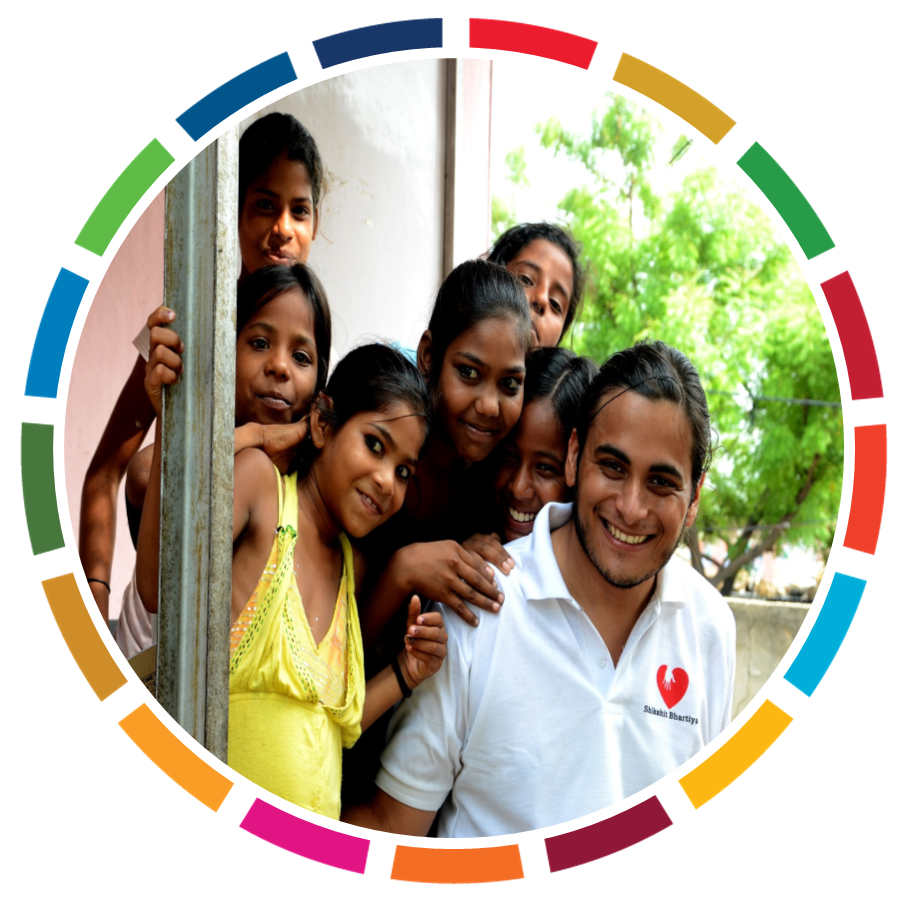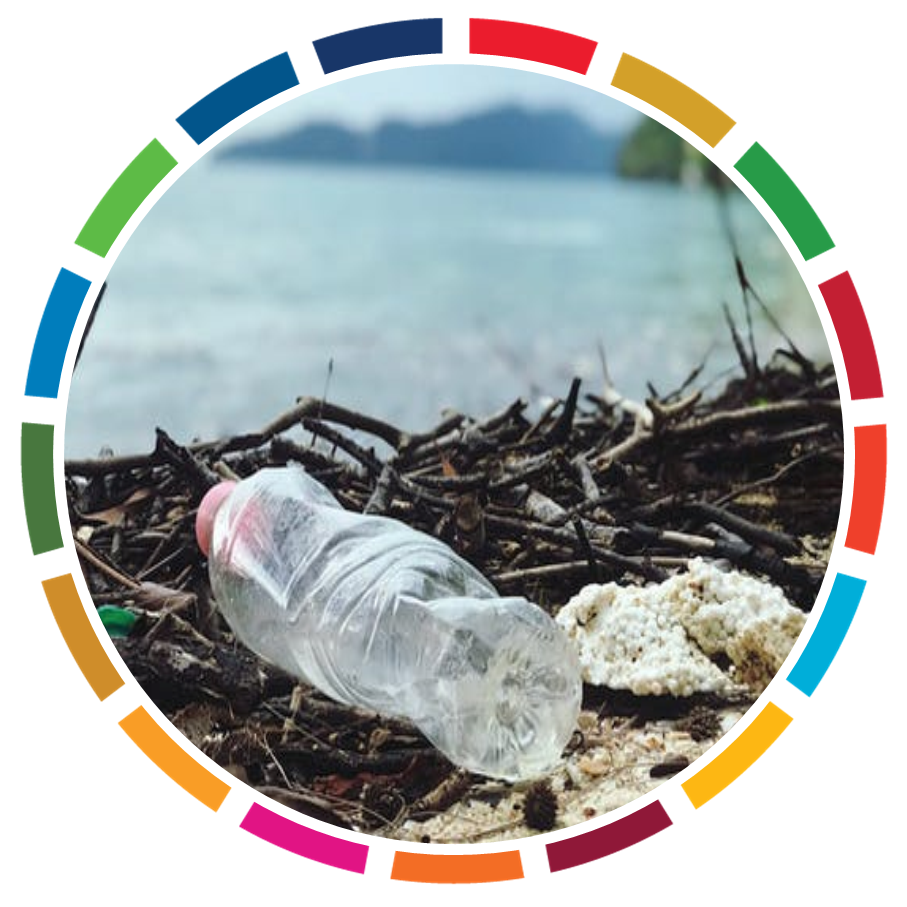Co-organised with:



WITH:
Circular economy can replace the current linear strategy of “take-make-use-discard” that is putting a severe strain on natural resources and causing large quantities of waste. With the circular economy, instead, we have goods that are reduced-reused-recycled. In other words, it is a more sustainable way of production and consumption that has the potential to ensure sustainable economic development, minimising environmental impact and maximise social welfare.
As part of the Green Deal, the European Commission has recently published a new Circular Economy Action Plan to ensure a sustainable use of resources and address the challenges faced by resource-intensive sectors such as textiles, construction, electronics and plastics.
However, the transition from a linear to a circular economy implies the development and adoption of new business models. To strengthen sustainable and circular industrial value chains, many industrial sectors in Europe are building roadmaps and seeking new synergies to make their production processes fit for a climate-neutral Europe.
Numerous obstacles, both at company and value chain level, could limit the market uptake of circularity, such as:
Low level of acceptance of refurbished products by consumers
Difficulties in the involvement and training of employees inside the company
Lack of structured dialogue and collaboration between suppliers
At this roundtable we will explore how Wind Europe, European Aluminum, and the European Textile Services Association are addressing these challenges and what their companies are doing to develop circular production systems.
With the support of:
#SDGSUMMIT2020
DISCOVER OTHER SESSIONS
With Grace Portugal, Sodalitas, Forética, Impronta Etica, Responsible Business Forum in Poland
With the Croatian Business Council for Sustainable Development
With Wind Europe, European Aluminium, the European Textile Service Association
With the Carbon Disclosure Project and the Global Reporting Initiative
With IRMA, Deutsche Gesellschaft für Internationale Zusammenarbeit, ArcelorMittal Mining
With European Aluminium, the International Fragrance Association, Responsible Jewelry, the European Chemical Council, and Eurogas
With Copper Mark, Consumer Goods Forum, RCS Global, and the Global Platform for Sustainable Natural Rubber
With BITC Ireland, CSR Ukraine, CSR Turkey
With Responsible Business Forum Serbia and the Croatian Business Council for Sustainable Development
With CSR Hellas, CSR Cyprus and IMS Luxembourg









